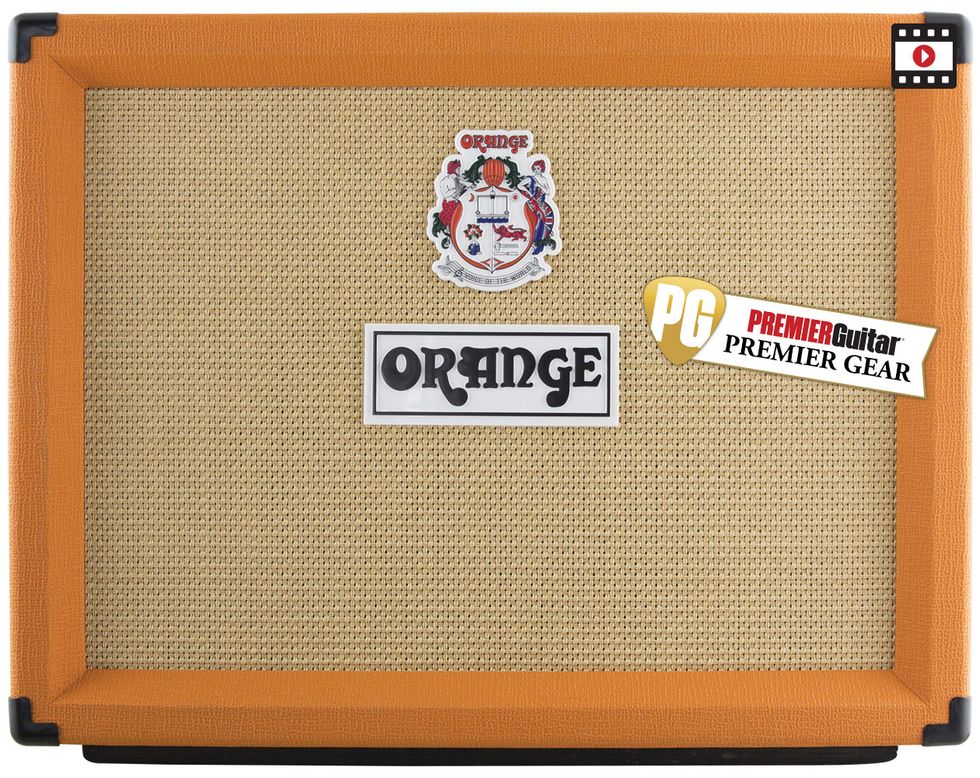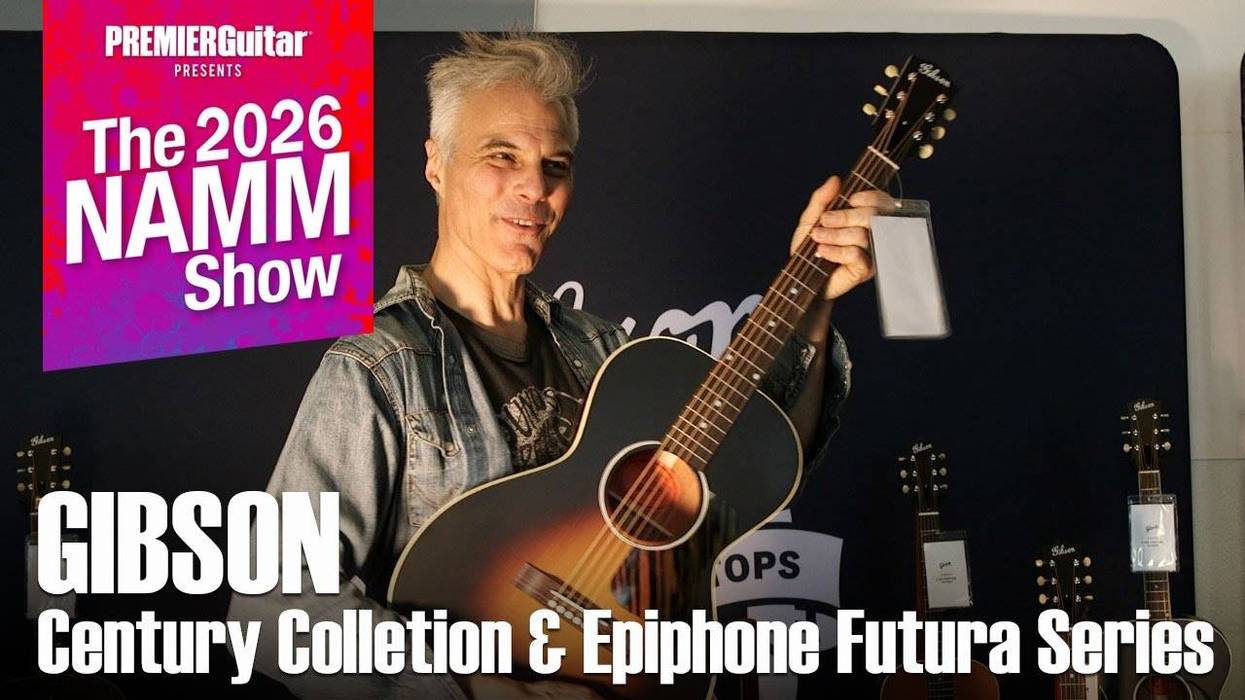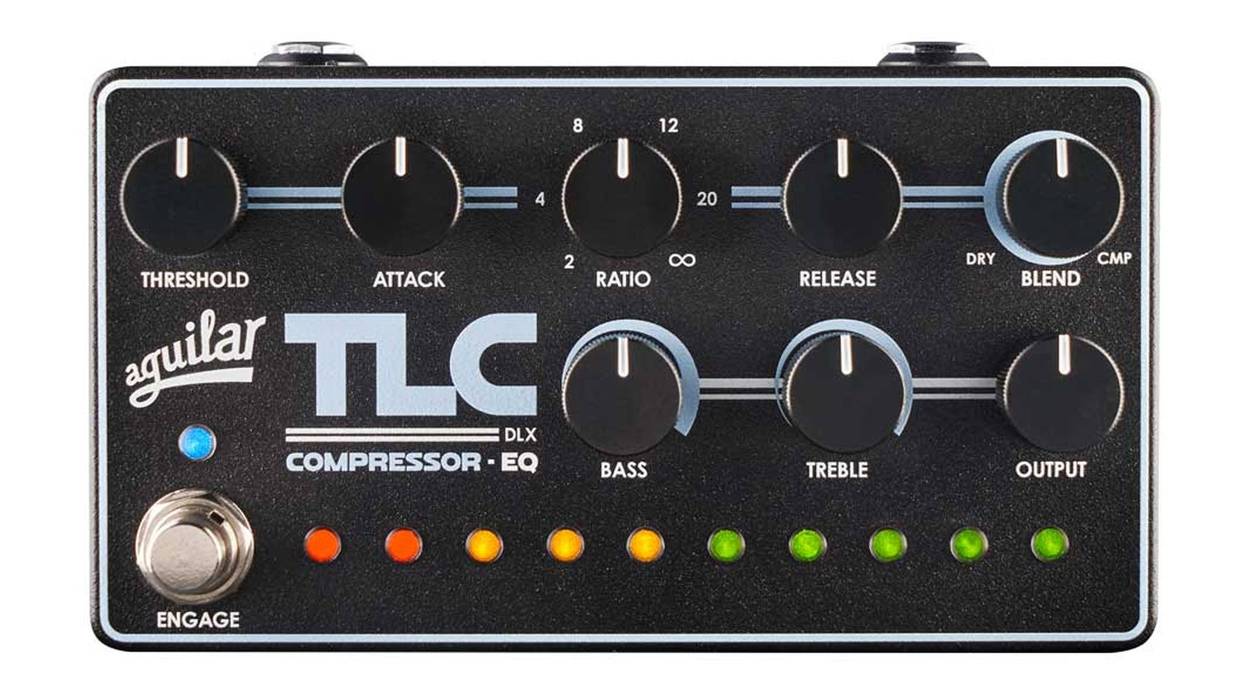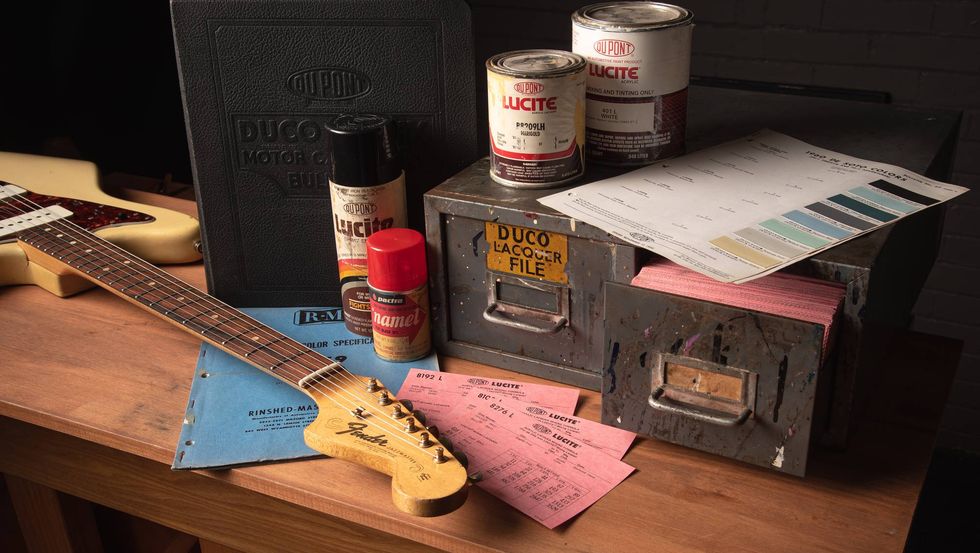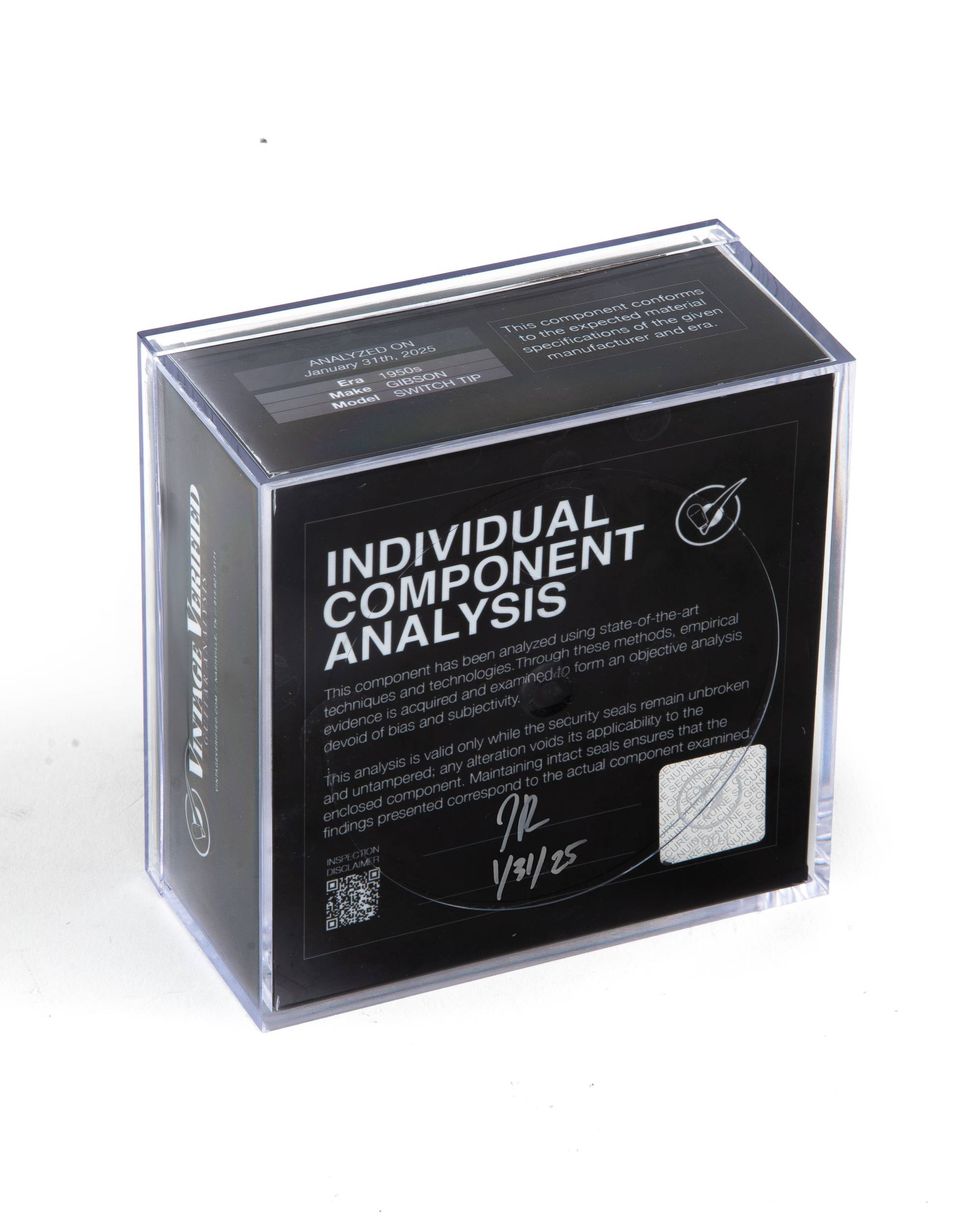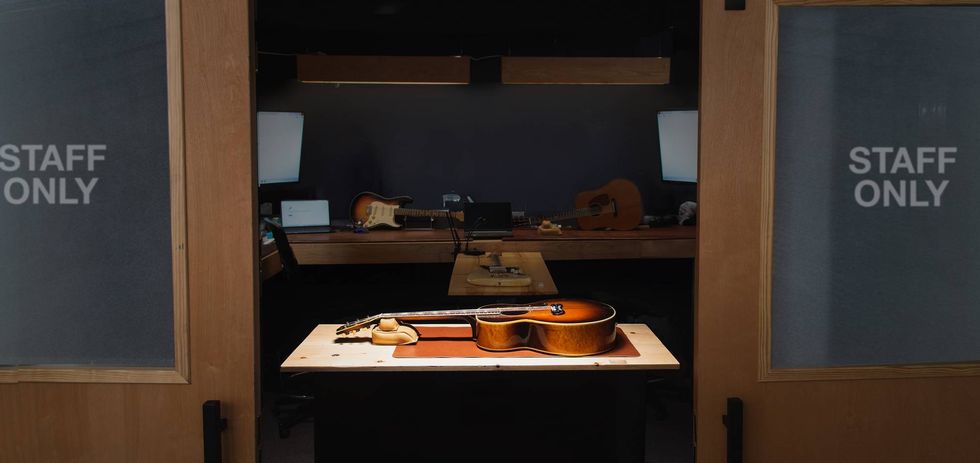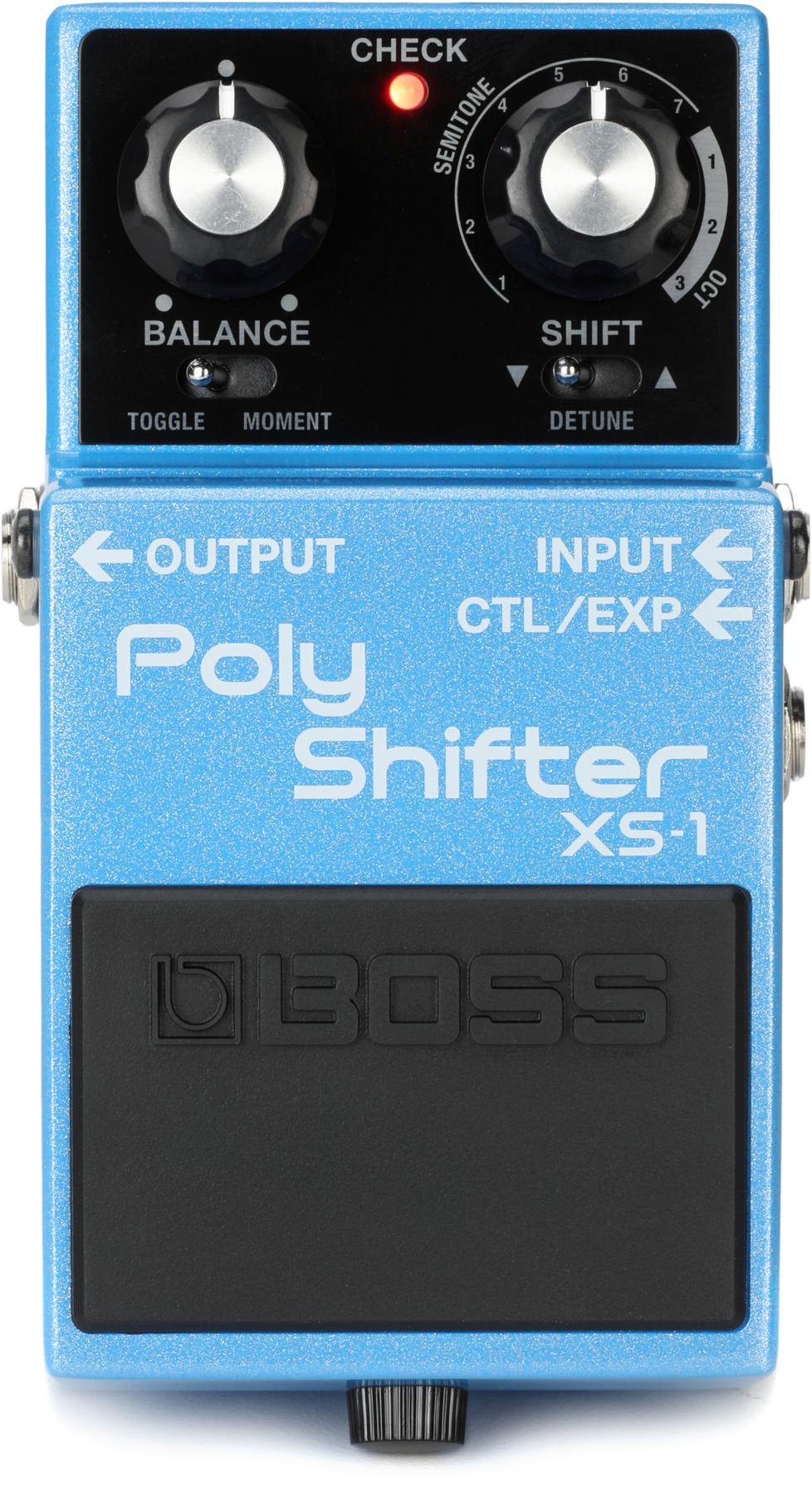RatingsPros:Terrific transatlantic tones. Spring reverb and dual-speed tremolo. Tube-buffered effect loop. Huge-sounding low-power modes. Sturdy build. Cons: Tremolo/reverb footswitch not included. Street: $1,299 Orange TremLord 30 orangeamps.com | Tones: Ease of Use: Build/Design: Value: |
Orange, California, is the next town over from Fullerton, Fender’s historic home. Orange, CA, has no connection to England’s Orange Amps, though the company’s new amp might make you pause to wonder. The TremLord 30 sounds far closer to Fullerton than the company’s usual fare.
“It’s kind of like the amp Orange never made,” says Orange head designer Adrian Emsley. “It’s a quite vintage-flavored amp, with more perceived clean headroom than our other 30-watt amps.” In other words, you can think of TremLord as a “Fenderized” Orange, or maybe an “Orangized” Fender.
Citrus Sparkle
At risk of oversimplifying, Orange amps usually sound darker and gainier than vintage Fender amps. TremLord, however, aims for brighter, tighter sounds and higher headroom while adding tube-driven tremolo and reverb in classic SoCal style. It even goes a step beyond Fender in the trem department with a two–speed circuit that features separate speed knobs and a common depth control. You can change tremolo speeds and activate trem and reverb via footswitch, though none is included. (In fact, Orange doesn’t even offer a three-switch pedal.)
Another departure is a new speaker type: a 12" ceramic-magnet speaker from Italy’s LaVoce rated at 200 watts. It’s a bright, clear model optimized for headroom and it ensures that TremLord stays brighter and maintains clean tones at higher volumes than other Orange models in this power range.
Valve Job
Interestingly, TremLord’s tube array is as British as brown sauce. The power section employs four EL84s, the same configuration as a Vox AC30. While TremLord doesn’t attain the crackling treble presence of vintage Voxes, there’s still ample treble animation. If you usually find Orange amps a tad on the dark side, you might dig this more sparkly variant. The range and taper of the bass and treble pots provided all the adjustments I needed, and I didn’t mind the lack of a midrange control.
TremLord has no master volume control. The single volume control provides crisp, clean tones in the first half of its range, above which it transitions to crunchier tones. On a guitar with vintage-output pickups, high volume settings are tough and gravel-voiced with well-defined note attack. The amp’s solid-state rectifier adds additional tightness and spank. This combination makes TremLord especially stompbox-friendly. It tends not to generate meltdown distortion on its own, but you can jostle it in that direction with upstream distortion pedals. There’s also a tube-buffered effects loop.
Low-Powered Punch
TremLord includes a half-power switch that removes two power tubes from the circuit. There’s also a “bedroom” setting that drops the power from 30 watts to a mere two. (One watt in half-power mode.) Bedroom mode sounds remarkably beefy. Compare the first audio clip, recorded at a loud 30 watts, with the second one, recorded at one watt. I’m not sure I could tell which one was recorded at whisper volume if I didn’t know. The first two clips feature the amp alone. For the third clip, I added delay, distortion, and octave fuzz pedals.
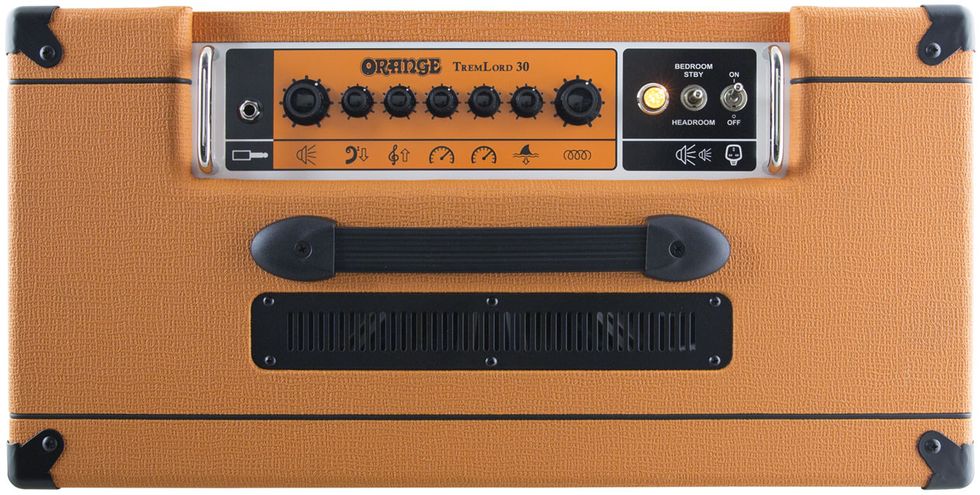
The reverb—from a full-length, two-spring tank—gets wetter and splashier than other Orange spring reverbs. We’re talking full-on Malibu wet. The tremolo, however, is more smooth than choppy, even at high depth settings. The dual-speed function works perfectly, but in a world of authentically tube-sounding trem pedals with memory and tap-tempo, it’s more a nice extra than a show-stopper.
Heavyweight Contender
TremLord is factory-made in China using Chinese components. It’s a circuit-board build with all pots and jacks mounted directly to the board. But despite such economical manufacturing techniques, this feels like a well-designed, well-constructed machine. The circuit board is neatly assembled using relatively heavy-gauge wire. It’s protected by a stout steel chassis. A metal cage surrounds the power tubes, and the faceplate is steel. Metal roll bars shield the pots against shearing. And the transformers are massive. In traditional Orange style, a pair of wooden slats resides between floor and the thick, heavy composite cabinet.
Actually, everything’s heavy—TremLord tips the scale at 53 pounds. That’s substantial for a 30-watt combo. (Unless you’re accustomed to carting an AC30, in which case TremLord will probably feel svelte.)
The Verdict
TremLord 30 puts a new spin on the signature Orange sound with brighter, more articulate tones, greater headroom, multi-speed trem, and sopping-wet reverb—splitting the distance between California and Hertfordshire. TremLord 30 is hardly the first amp to blend flavors from both sides of the pond, but it does so in a unique and soulful way. It houses a generous palette of tones, from gossamer clean to gravelly crunch. The price may seem a bit steep for a 30-watt, China-built circuit-board combo, but the amp’s rugged design and solid workmanship promise a long, healthy working life.
Watch the First Look:


